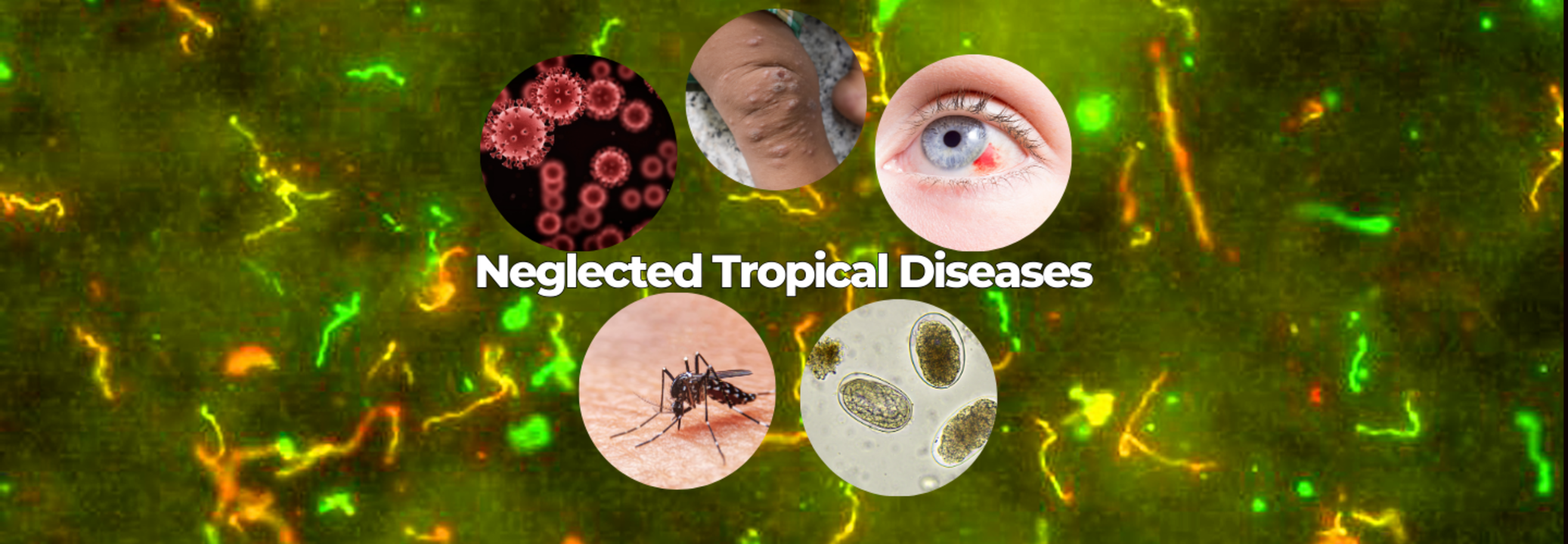Over 1 Billion People Worldwide Suffer From Neglected Tropical Diseases- Know All About The Illness

Image Credit: Canva
SummaryNeglected Tropical Diseases (NTDs), thrive in poverty-stricken areas and only by better sanitation, vaccinations and awareness can significantly reduce their spread and impact, preventing disabilities and fatalities.
End of Article
